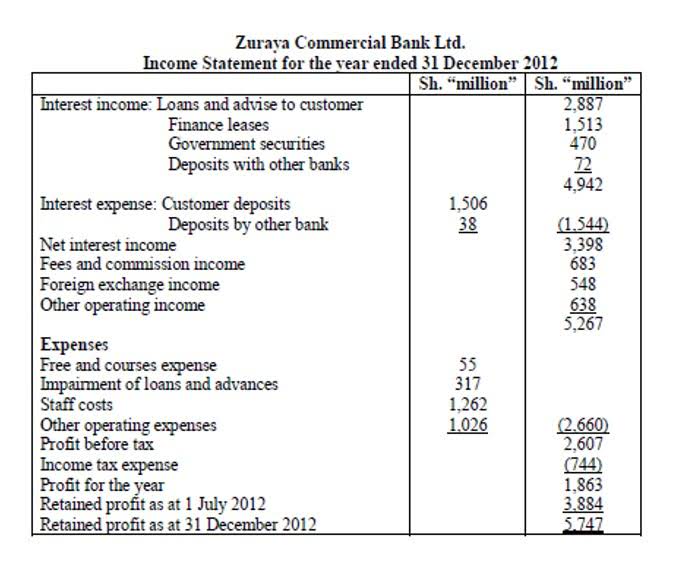
Training sessions offer insights into expense tracking techniques. For real estate professionals, streamlined expense tracking is crucial. Accurate expense tracking drives financial transparency and stakeholder trust.
- Advanced software solutions offer features for understanding property tax.
- On the other hand, bookkeeping is primarily concerned with tracking transactions accurately and ensuring that all records are up to date.
- Ultimately, for consultants, a deep understanding of real estate accounting is crucial for credibility and client trust.
- Because of this, it’s imperative that all relevant documents are regularly backed up for future use.
Failing to Reconcile Bank Statements Regularly

The implementation of proper accounting systems requires careful consideration of specific needs and capabilities. Property investors must evaluate factors such as the size of their portfolio, complexity of operations, and reporting requirements when selecting accounting solutions. Integration capabilities with banking systems and property management platforms play crucial roles in system selection and implementation. If you’re selling an investment property, you can deduct the expenses related to the sale, such as real estate retained earnings balance sheet commissions, advertising costs, and legal fees.

Association Fees and Membership Dues
- The net cash flow is the difference between the total cash inflows and outflows.
- Furthermore, continuous professional development ensures that real estate businesses remain competitive and ahead of the curve.
- Specialized accounting systems offer templates tailored for property management.
- Advanced software solutions offer features for ensuring full disclosure.
- These mistakes can complicate your tax returns and lead to inaccuracies in your financial statements.
- Regular reviews ensure that financial analysis is accurate and insightful.
Without accurate tracking, the real estate business can face financial discrepancies and challenges. Furthermore, tracking ensures that all stakeholders are kept informed. Proper documentation also aids in future financial planning and strategy formulation. Successful case studies provide tangible evidence of a business’s capabilities. Good real estate accounting practices include methods for documenting Grocery Store Accounting and showcasing these successes. Training sessions and advanced software solutions can further enhance case study presentation.
- Bookkeeping ensures that accurate financial records are maintained for tax preparation and financial analysis.
- In this short article, we explored the key aspects of real estate accounting.
- Real estate accounting offers them tools to analyze property valuations, rental incomes, and market demand.
- Eliminating these bottlenecks is crucial for operational efficiency.
- Accurate real-time data syncing drives financial transparency and stakeholder trust.
Maintaining Transparency in Transactions
Regular training sessions offer insights into these industry-specific guidelines. For real estate professionals, differentiating between these guidelines is crucial. Accurate understanding ensures that businesses adhere to all relevant standards. Regular reviews ensure that financial statements align with industry-specific accounting for real estate transactions guidelines. Capital expenses enhance property value, while operational expenses maintain it. Differentiating between the two is crucial for accurate financial reporting.


Real estate transactions are multifaceted, with each transaction having its nuances. Ensuring accurate financial data amidst these complexities is a challenge. Real estate professionals must be adept at navigating these intricacies to ensure financial transparency. Balance sheets provide a snapshot of a property’s assets, liabilities, and equity. They are foundational for understanding a property’s financial position. Training sessions can ensure that all team members understand their preparation and implications.
- Net operating income is a business term that refers to the funds available in a business bank account after all operating expenses have been paid.
- Regular audits and reviews are crucial for REITs, given their public nature.
- Advanced software solutions offer features for open communication.
- Professional expertise and technology are indispensable for accurate real estate accounting.
- Property owners, whether individual investors or institutional entities, rely heavily on real estate accounting.
- In short, managing your real estate accounting procedures is about more than personal preference.
- Differentiating between the two is crucial for accurate financial reporting.